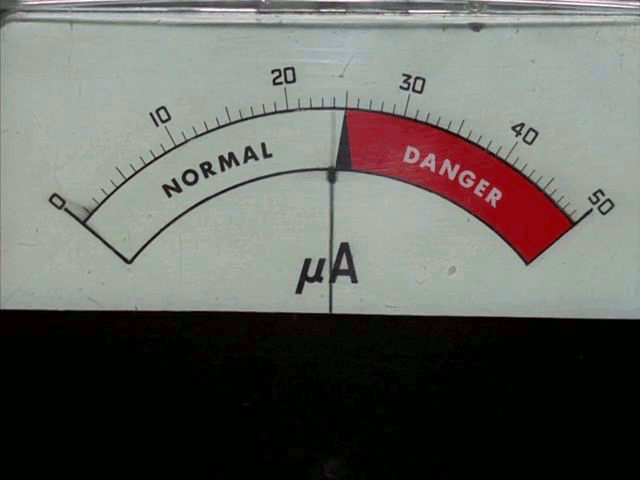JonMyrlennBailey
Active member
Do more company OTR truck drivers get killed in the line of duty than railroad train crew men in America today?
I would think modern d/e engines have a supreme safety and long-haul comfort advantage over steam engines of old.
Both semi trucks and trains are potential heavy rolling death machines. But a train has a survivability advantage over an 18-wheeler at a crossing
whenever the two vehicles rudely meet. It seems that there is a much higher demand for OTR mega-carrier drivers than for train crewmen however.
A railroad freight train crew job for UP, NS or BNSF might be much harder to land than a position for an OTR driver with Swift, JB HUnt or Schneider National.
It takes many more truck drivers to move the equivalent ton-miles of freight for just one long train.
I would think modern d/e engines have a supreme safety and long-haul comfort advantage over steam engines of old.
Both semi trucks and trains are potential heavy rolling death machines. But a train has a survivability advantage over an 18-wheeler at a crossing
whenever the two vehicles rudely meet. It seems that there is a much higher demand for OTR mega-carrier drivers than for train crewmen however.
A railroad freight train crew job for UP, NS or BNSF might be much harder to land than a position for an OTR driver with Swift, JB HUnt or Schneider National.
It takes many more truck drivers to move the equivalent ton-miles of freight for just one long train.
Last edited:

